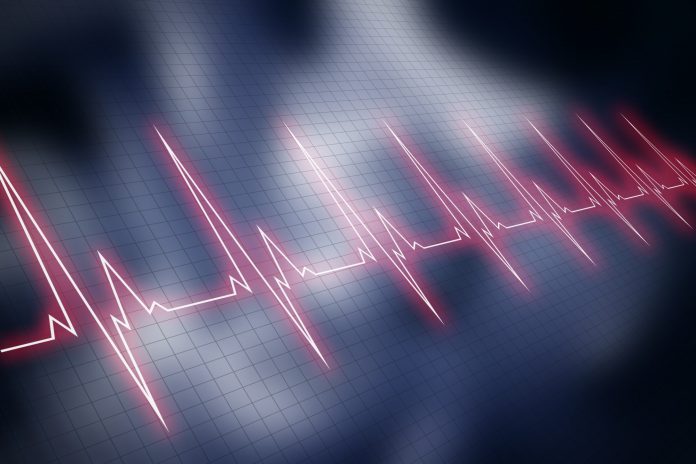A group of highly experienced doctors, health workers, and First Nations’ leaders from across the nation have begun a ‘Deadly Heart Trek’ in Queensland.
The trek aims to help tackle the rising rates of rheumatic heart disease (RHD) amongst Aboriginal and Torres Strait Islander people.
While virtually eradicated amongst non-indigenous Australians, rates of RHD in Aboriginal and Torres Strait Islander peoples, particularly those living across northern and central Australia, are the highest in the world.
“If not diagnosed or treated, RHD can cause heart failure, disability, and even death,” says Paediatric Cardiologist and Deadly Heart Trek member Dr Bo Remenyi.
“Without action, it is estimated that more than 9000 Aboriginal and Torres Strait Islander peoples, most under 25 years of age, will develop acute rheumatic fever or RHD by 2031.
“We must prevent this, through education, the upskilling of local community members, and early detection and treatment – particularly in communities with restricted access to medical facilities.”
The trek started on Thursday Island and will see two teams travel from Cape York to Mount Isa, visiting communities by invitation, where there is a high burden of disease.
It aims to empower Aboriginal leadership and self-determination and demonstrate that RHD needs political action and commitment.
“RHD is a serious health justice issue causing devastation and disruption across Aboriginal and Torres Strait Islander communities,” says RHDAustralia’s Director and proud Noongar woman Vicki Wade.
“It’s destroying lives through ongoing and painful injections, surgeries for children as young as five, unnecessary deaths and the huge impact all this is having on our communities.
“Yet there is Aboriginal leadership, community demand, collective goodwill and an evidence base in ‘the RHD Endgame Strategy’ that shows us that we can eliminate this disease if we take action now; action like this Trek.”
The teams will undertake a range of activities, including:
- Undertaking education, activity and movie sessions for the community, health workers and schools on RHD and acute rheumatic fever.
- Promoting skin awareness – to understand skin sores, scabies and their link to RHD.
- Holding cardiology clinics for children at school – to treat the disease.
- Undertaking heart checks for children – echocardiographic (echo) screening to detect RHD early when available.
“Communities each have their own unique experiences and so we will work with local people and the local councils to help understand the impact of RHD on their people, and how we can stop it for good,” says Dr Remenyi.
Click here for more information.







